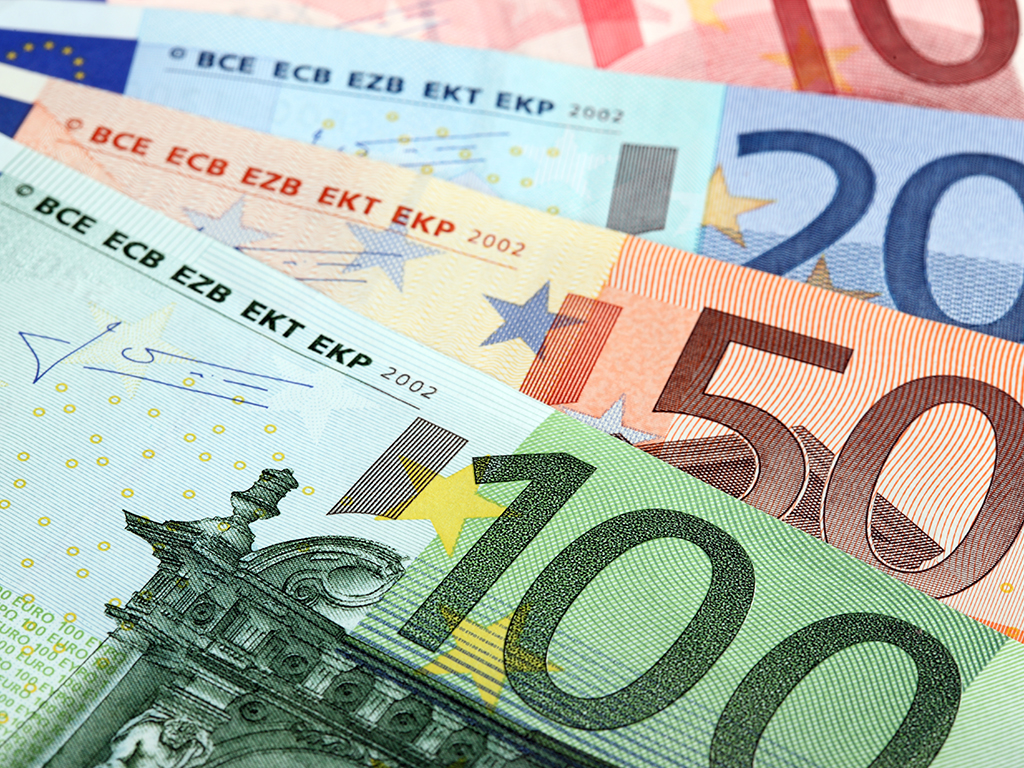Disbursement of the final installment of old foreign currency savings begins

The state has settled the debt of EUR 3.6 billion through this final payment and shown itself to be the most reliable debtor, while the depositors did get their savings in the end, together with interest.
Dragomir Ostojic from Belgrade was a quarter of a century younger when the banks froze his old foreign currency savings account. This Tuesday, he will receive the last installment of the debt whose payment started in 2002. Instead of waiting for May 31 each year, Dragomir has been earning by buying bonds while waiting for the payments.
- And so the circumstances changed after 2000. I thought that it would all go in the right direction and I made an investment – says Dragomir Ostojic.
His thinking was justified, as the debt repayment was turned into bonds and split into 14 installments with each May 31 as the maturity date. Those who wanted to were able to sell their bonds before maturity or wait for the record date for the payment of the installment in the full amount with the annual interest of 2%.
- On the other hand, the citizens who had surplus means could buy bonds at the financial market at discount prices, which was a kind of foreign currency savings for them. For example, those who bought bonds in 2002 with a maturity date of 2016 paid around EUR 14.5 for them and can now sell them for EUR 100 – emphasizes Branislav Jorgic of Jorgic Broker.
Many enterprises and foreign companies realized that the bonds of old foreign currency savings could be used to buy enterprises going through privatization, and with discounts too. At one point, there were more than 100 broker companies, whereas nowadays there are only 35, only half of which are operating in the black.
Individuals, especially foreigners, were managing to earn through buying bonds of old foreign currency savings in the Stock Exchange, but also outside of it.
- What happened was that this was the first time that the citizens had the right of trading in bonds in the Republic of Serbia – points out Miroljub Ristic of the Belgrade Stock Exchange.
He adds that those bonds were the first big investment that appeared in the trading in the Belgrade Stock Exchange and that this led to important technological changes in the banks which worked with these bonds, the central registry and all other participants in the market,
The depositors of Beobanka, Invest Banka, Dafiment banka, and Jugoskandik do not remember the 1990s fondly. The state doesn't have it easy either, as it will set aside EUR 350 mil from the budget just for the payment of this year's final installment.


 Izdanje Srbija
Izdanje Srbija Serbische Ausgabe
Serbische Ausgabe Izdanje BiH
Izdanje BiH Izdanje Crna Gora
Izdanje Crna Gora


 News
News









